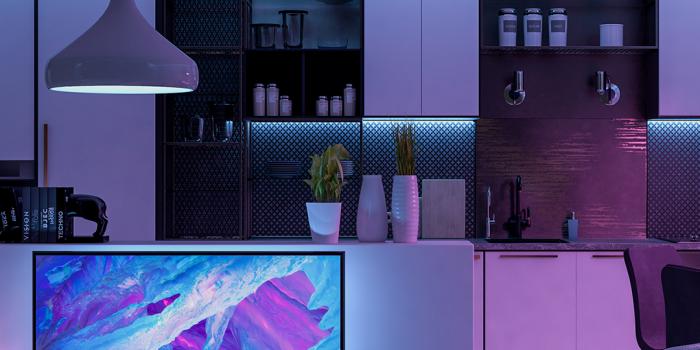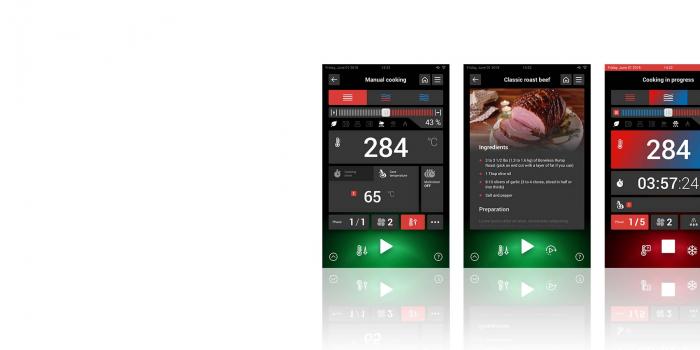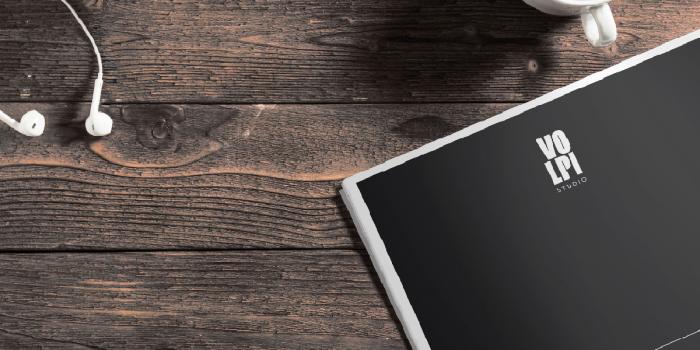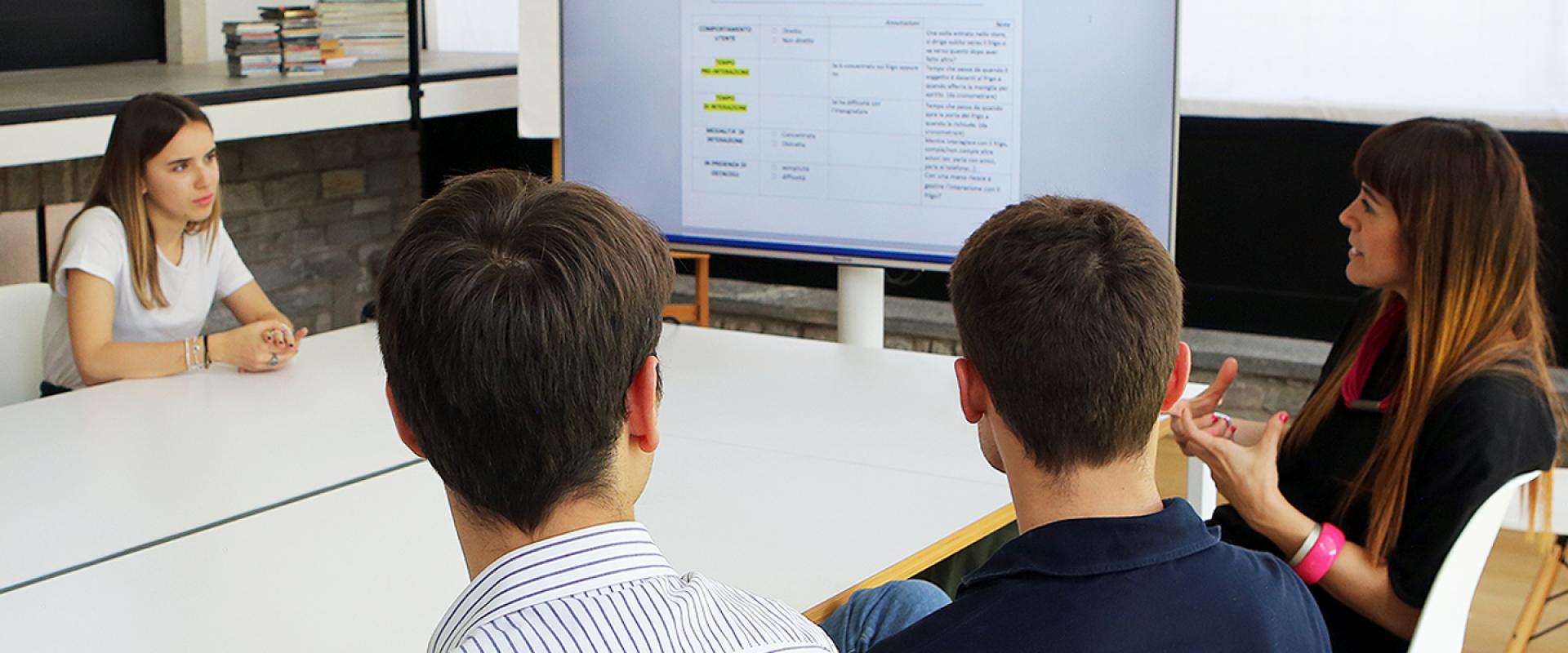Together with Epta Group we have started a collaboration with the students of Psychology of Organizations at the Università Cattolica of Milan, with the aim of studying and understanding the behavior of users in front of commercial refrigerators - in the large-scale retail trade as well as in the small one.

Through tasks to be completed on the field, the students started a research process, putting into practice the skills acquired during the specialistic university course. This type of course, part of the projects of the Professionalizing Experiences of the University, aims to connect students with an external client, to let them have a first-hand experience of a realistic freelance job: they were hired for a specific job, and they had to learn how to meet deadlines, fullfill tasks, and find a way around difficulties to get the job done. They worked with our team as they were already freelancers, so that they could learn and experiment the funcioning of organizations and of a consultancy job.
So, our question to our new service-providers was: how do people behave, in front of the GLEE-45 refrigerator that Studio Volpi designed for IARP?
The result of this collaboration is a precious document, an example of a psychological and analytical methodology that gives a rational point of view about something that is heavily personal: individual perception and behavior in front of a product with unknown features.
The complete research and some takeaways:
The tool designed and put into practice by students is only apparently simple: it consists of a first phase of observation guided by a specific task, followed by a series of questions (more or less structured) aimed at helping the users be more aware of their interaction with the product.
The most emotional exercises possible, created to assess the attractiveness of the product and analyze the motivations of how users interact with it. With this research, the students were able to evaluate the real effectiveness of the design.

The Glee refrigerator was designed with a user-centered approach from the early stages of the project, and each element is designed to be immediate to use and as attractive as possible - both in terms of the refrigerator itself, to draw the user's attention in the cafe or store in which it is installed, and regarding the exposure of the products inside it.
The interactions of users with each part of the design were analyzed both from an unconscious point of view, with the observation of spontaneous gestures of unsuspecting users of the research, or inviting the interviewees to rationalize the motivations of their gestures, their feelings and opinions about the feel of materials, finishes of the window and handles, the colors, the lighting, and the arrangement of the products.
At the end of the research, the students developed a conclusive presentation of the results, and delivered it to us and Epta Group – their clients, for this first approach to a consultancy job.
Here's the complete consumer behavior analysis report:
Companies, meet the University
We had the opportunity to meet the other companies and students involved in the Professionalizing Experiences, during a roundtable held at the Cattolica University.
We learnt that in order to get the Universities closer to companies and viceversa, we need to be as open minded and ready to take on new challenges as possible. Contamination is the key to innovation.
“This project was the first real opportunity we were offered to put into practice what we have learned in recent years. For the first time, we relate to concrete business realities, entering their processes and learning to deal with different contexts compared to those we were used to” - Roberta told us, one of the students involved in the project about the Glee fridge. “It was not always an easy and obstacle-free course, but thanks to the collaboration between our team, the tutor, and the companies involved (both Studio Volpi and Epta Group), the work was successful and I am more than satisfied with the results we were able to achieve, both from a professional and personal point of view. Taking stock of this experience, I am overall satisfied, as I bring home a lot of knowledge and skills that I did not have until a few months ago.”
It was a forming experience for both us and the students, and we think young talents need to be involved in this kind of projects – in the middle between study and work – as much as possible.



-

-

-

Perspectives Mar 30, 2020
KITCHEN 4.0: HOW DIGITALIZATION IS CHANGING THE RULES
Technological updating and the integration of an interconnected soul are turning modern professional kitchens into a perfect example of the 4.0 industry, where the product and its super digital powers become a tool to improve working conditions, enhance productivity, monitor the processes to achieve better results and create new business models






